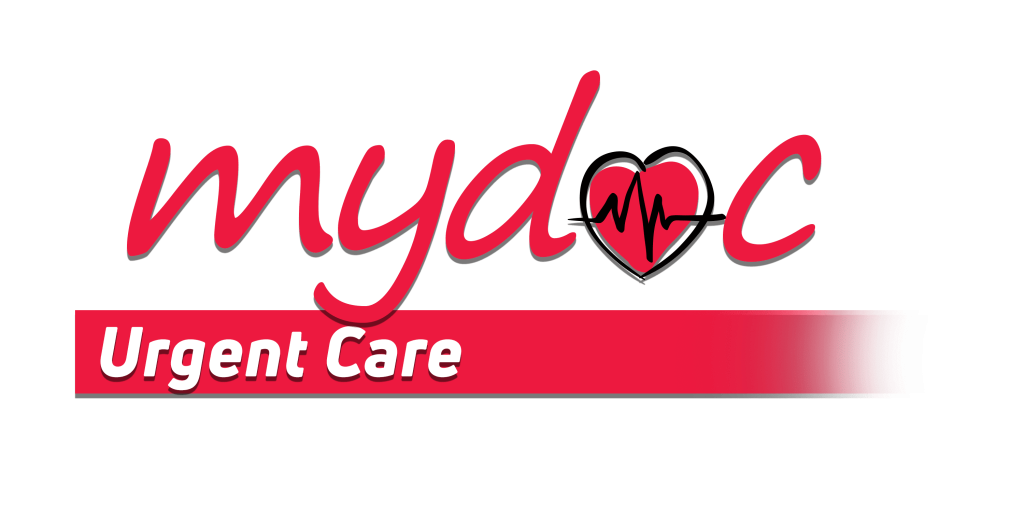Why You Shouldn’t Ignore Shortness of Breath

To provide effective treatment for any illness, your physician must first identify the underlying cause of your symptoms. In the case of shortness of breath, this could range from a viral illness such as the common cold to worsening heart disease or a life-threatening asthma attack.
Our team at MyDoc Urgent Care, with four locations in New York to serve your immediate care needs, discusses the importance of understanding what’s causing your shortness of breath and how we can help.
What is shortness of breath?
Shortness of breath (dyspnea) is a frightening sensation that’s often described as air hunger or the feeling that you can’t catch your breath. Dyspnea may develop suddenly (acutely) and last just a few minutes or become chronic (long-lasting). Depending on the underlying cause, you may notice frequent bouts of shortness of breath or episodes that last longer and become more debilitating over time.What causes shortness of breath?
Hundreds of medical conditions include shortness of breath as a common symptom, including:- Upper respiratory illnesses, such as colds or bronchitis
- Asthma
- COPD (chronic obstructive pulmonary disease)
- COVID-19
- Pneumonia and other lung infections
- Heart problems
- Allergies
- Severe allergic reaction (anaphylaxis)
- Anemia
- Physical deconditioning
- Obesity
- Croup
- Anxiety disorders
- Neuromuscular diseases such as multiple sclerosis
Is shortness of breath a medical emergency?
We generally consider shortness of breath a medical emergency when it is accompanied by:- Blue discoloration of the fingers or lips
- Chest pain
- Sweating and nausea
- Irregular heartbeat
- High fever
- Confusion
- Loss of consciousness
How can you tell what’s causing my shortness of breath?
Your MyDoc Urgent Care evaluation includes a detailed review of all the symptoms you’re experiencing. Along with a physical exam, this can help your provider narrow the possible cause of your dyspnea. For instance, swelling in your ankles and feet, fatigue, and shortness of breath with even minimal activity may indicate a heart problem. Shortness of breath that occurs when you’re nervous but resolves when you’re able to relax may be related to anxiety. Notably, however, asthma and other conditions can cause anxiety-like symptoms such as increased heart rate and a general feeling of unease as your body and brain respond to declining oxygen levels. Thus, your MyDoc Urgent Care evaluation also includes diagnostic studies such as pulse oximetry. This quick and completely painless test measures oxygen levels in your blood. Pulse oximetry readings below 92% typically indicate the need for further diagnostic workup that may include various blood tests, a chest X-ray, pulmonary function tests, etc. Depending on the results of your evaluation, your provider may prescribe treatment to relieve your shortness of breath and/or refer you to a specialist for further management. Walk-ins are always welcome at MyDoc Urgent Care, and we’re open seven days a week for your convenience. You can also give us a call to schedule a same-day doctor visit.SCHEDULE A CONSULTATION
